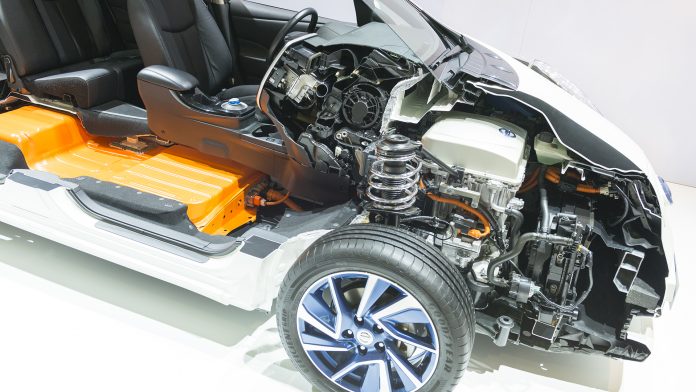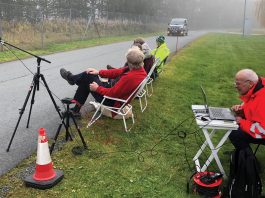Due to the increased popularity of electric cars, car manufacturers are becoming more and more uncertain regarding the industrial process, and the suitable technologies required to engineer electric motors.
To address these issues, a team composed of scientists from the Karlsruhe Institute of Technology (KIT), employees from the company Schaeffler, and 16 other industrial partners have come together to address how electric motors can be manufactured flexibly, yet economically.
Project AgiloDrive
When AgiloDrive was their pilot phase, this research project was funded by the Baden-Württemberg Ministry of Economics, Labour, and Tourism. In this phase, the basics of the project were determined. These included details such as determining the project team, who consisted of the WBK Institute of Production Science, the Institute of Electrical Engineering (ETI), and the Institute of Product Engineering (IPEK) of KIT, as well as industrial partners. This team developed modular structures for electric motors and their production and built two demonstrators. This step was necessary to provide proof that the concept for the implementation of a novel agile production system was feasible.
AgiloDrive2: production system for electric motors
This phase of the project will be funded by the German Federal Ministry for Economic Affairs and Energy, totalling 33.7 million euros over a three-year period. This phase will have the KIT institutes working together with the industrial companies to develop future proof modular structures, efficient design methods, data-based technologies as well as digital process chains. Doing this will allow implementation of an agile production system for electric motors as a real test environment.
Each team’s contribution
A team from IPEK, led by Professor Albert Albers, will research a modular product kit for the development of electric motors and devise a methodology for impact and risk analysis in early phases of product development. At ETI, scientists led by Professor Martin Doppelbauer will develop digital process chains for the efficient design of electrical machines. Lastly, together with its industrial partners, the WBK team will develop a production kit for electric motors and will analyse and optimise processes needed to manufacture electric traction motors flexibly and yet economically.
What techniques will be implemented?
The processes and technologies under consideration include classic handling and joining techniques, highly complex special processes such as forming, as well as the insertion and twisting of U-shaped hairpin coils made of flat copper wire. The methods employed for the data-based enhancement of production efficiency, and the flexible disassembly of electric motors are being researched, are based on the solution approach of “Wertstromkinematik” (value stream kinematics).
Future of science and industry
The collaboration between science and the industrial sector is expected to be beneficial to all project partners in both short and long term. Schaeffler plans to transfer the findings to electric motor production after the project ends. This, along with the new research factory (Karlsruher Forschungsfabrik) at KIT’s Campus East, and the Schaeffler Hub for Advanced Research (SHARE), an infrastructure for research work on sustainable mobility already exists.
Professor Thomas Hirth, Vice President for KIT Innovation and International Affairs commented on what success with this project would generate for the advancement of electric motors, and for those involved, “this will sustainably strengthen the international competitiveness of the German automotive industry in order to integrate electric mobility not only technically but also economically into the energy and mobility transition.”









